Search Results for:
Skip to resultsCan’t find what you’re looking for? Visit our FAQ page.
113,004+ results for:
-
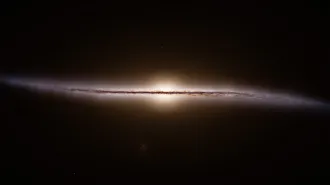 Particle Physics
Particle PhysicsEarth is bathed in droves of neutrinos spewed by the Milky Way’s stars
The subatomic particles are incredibly numerous. About 1,000 neutrinos from stars other than the sun pass through a thumbnail every second.
-
 Neuroscience
NeuroscienceEasy on the eyes is also easy on the brain
A new study finds that the brain spends less energy processing scenes that people find aesthetically pleasing.
By Sachin Rawat -
 Health & Medicine
Health & MedicineNew dietary guidelines flip the food pyramid
The new guidelines emphasizes eating protein and full-fat dairy while reducing sugar, carbs and ultraprocessed foods.
-
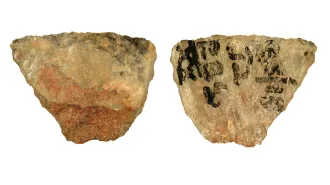 Archaeology
Archaeology60,000-year-old poison arrowheads show early humans’ skillful hunting
A new analysis uncovers traces of poison on the South African arrowheads, pushing back the timeline for poisoned weapons by more than 50,000 years.
By Tom Metcalfe -
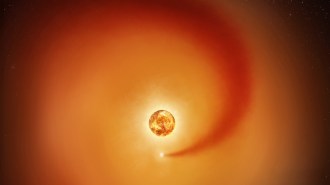 Space
SpaceBetelgeuse’s buddy leaves a wake in the giant star’s atmosphere
The wake left by Betelgeuse’s companion could solve a decades-old mystery of its strange brightness cycles.
-
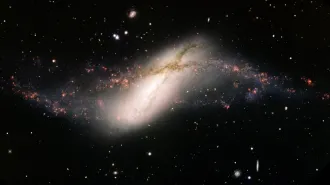 Astronomy
AstronomyGalaxies with ‘hoop skirts’ are more common than we thought
The discovery of thousands more galaxies with stars ringing their main disks could help astronomers study galactic evolution more generally.
-
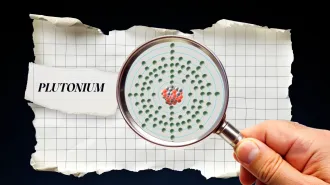 Physics
PhysicsHere’s the science behind nuclear weapons testing
Nuclear weapons haven’t been tested in the United States since 1992. Find out why, and what could happen if the hiatus ends.
-
 Animals
AnimalsIn a Quebec park, a science game brings predator-prey dynamics to life
Results show that players’ choices echo predator-prey patterns seen in wildlife, though scientists stress the limits of the analogy.
-
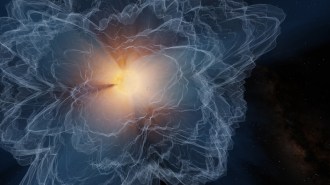 Space
SpaceFirst maps of the sun’s outer boundary may help predict solar storms
NASA’s Parker Solar Probe has mapped the shifting boundary between the sun and the rest of the solar system.
-
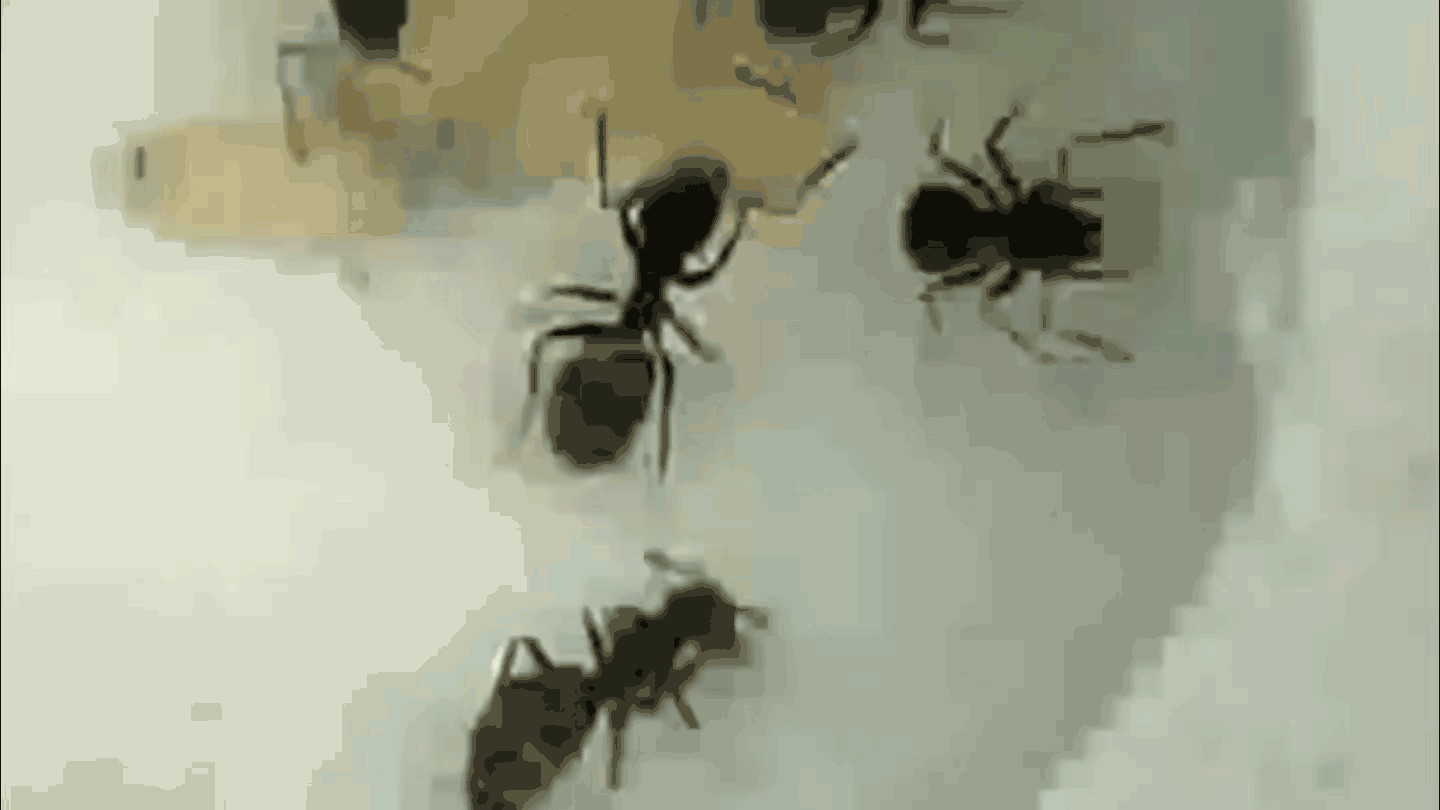 Animals
AnimalsThese sick baby ants sacrifice themselves to protect their colony
When infected by a fungal disease, ant pupae actively emit a chemical cue that prompts workers to get rid of them for the good of the colony.
-
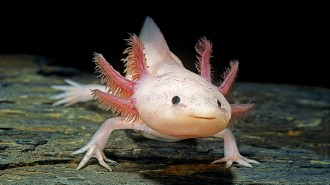 Science & Society
Science & SocietyThese scientific discoveries brought us joy in 2025
Amidst a tough year for science, glimmers of joy burst through in revelations from the silly to the sublime.
-
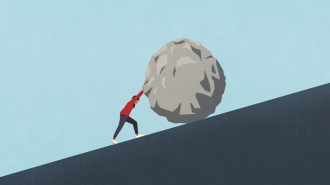 Science & Society
Science & SocietyThis new year, maybe resolve to quit
Western cultural stories tend to emphasize perseverance. But science shows that knowing when to quit has a place in our success too.
By Sujata Gupta